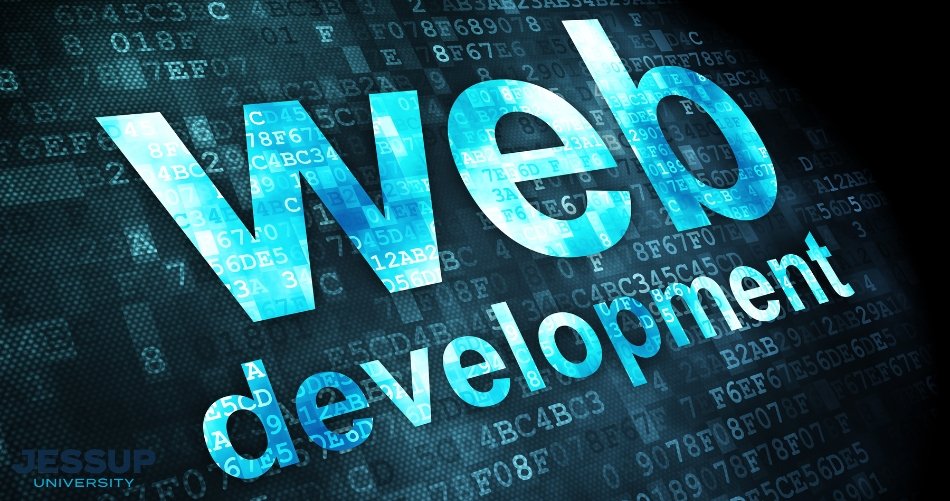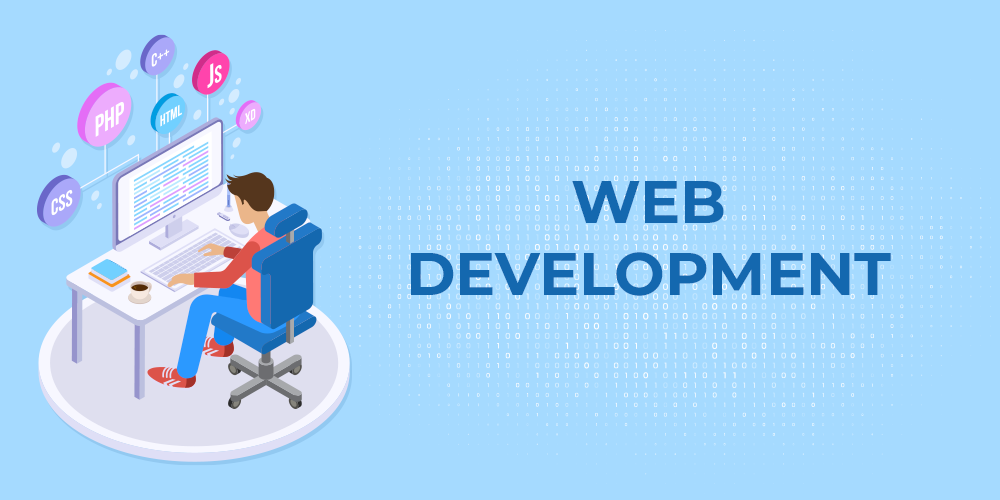Finding reliable web development services is hard. Will your chosen agency stick around for continual site health, new features, and scaling?
This article shares 10 research-backed indicators confirming if a developer will evolve into a trusted long-term partner constantly nurturing your online business.
1. They Have a Strong Portfolio of Launched Work
A robust client portfolio proves a dev’s ongoing viability versus theoretical concepts or demos.
Red flags:
- Very thin past work samples
- Just screenshots or conceptual mockups
Good signs:
- Multiple robust, finished sites they built live across the web
- Varied examples representing their full expertise
Multiple past builds cements their real-world construction skills for your vision.
2. They Have Specialized Industry Experience
Generalists rarely understand nuanced vertical needs.
Concerning signs:
- Very broad clientele
- No niche-specific code examples
Reassuring traits:
- Multiple previous clients in your sector
- Build features and marketing tailored to your field
- Integral industry knowledge guiding all strategy
Deep category insight boosts context-aware engineering and growth choices.
3. They Offer Support and Maintenance
Sites require ongoing care as needs change. Can they handle:
- Content updates
- Technical troubleshooting
- Feature additions
- Cloud hosting
- Security and compliance
Seek all-in-one post-launch site health support.
4. They Have Strong Communication Practices
Good partners proactively inform throughout builds. Do they:
- Quickly respond to messages
- Share detailed progress updates
- Explain technical concepts in plain language
- Iterate until you fully grasp recommendations
Clear ongoing dialogue cements productive long-term relationships.

5. They Have a Brick-and-Mortar Business Location
Purely remote teams carry greater dissolution risk versus established offices. Favor developers listing:
- Physical company addresses
- Photos of their real workspace
- Employee pictures, profiles, and contact info
This confirms an on-the-ground business built for the long haul.
6. They Have Specialized Departmental Teams
Solo developers bottleneck scaling. But grouped experts handling:
- Project management
- Frontend, backend
- DevOps, QA testing
- Cloud architecture
Enable easily expanding workloads through collaboration.
7. They Invest Heavily In Continued Learning
Great partners constantly expand their technology skillsets. Ask about:
- Ongoing team training programs
- Conference participation
- Internal education initiatives
- Developer mentorship/apprenticeship
This habit futureproofs abilities despite endless industry change.
8. They Act As Strategic Advisors
Simply “taking orders” is shortsighted. Insist on:
- Goal analysis
- Tech stack guidance
- Innovation proposals
- Optimization recommendations
This high-level partnership mindset sustains mutual success.
9. They Have Successfully Scaled Past Projects
Can they smoothly grow sites to meet rising organic traffic and demand? Probe their experience architecting for:
- Volume spikes
- New business requirements
- Emerging integrations and platforms
- Increasing complexity over time
This bodes well for your enterprise ambitions.
10. They Offer Transparent Pricing and Contracts
Ethical partners openly share:
- Project scoping/quoting processes
- Fixed-fee or hourly billing rates
- Month-to-month agreements
Financial transparency indicates sincerity and facilitates forecasting long-term overhead.
While assessing technical qualifications, equally evaluate these human partnership traits differentiating temporary vendors from enduring consultants invested in lasting advancement.
With aligned vision and open communication channels, your web developer will stick by your side delivering compounding returns over the years ahead.







